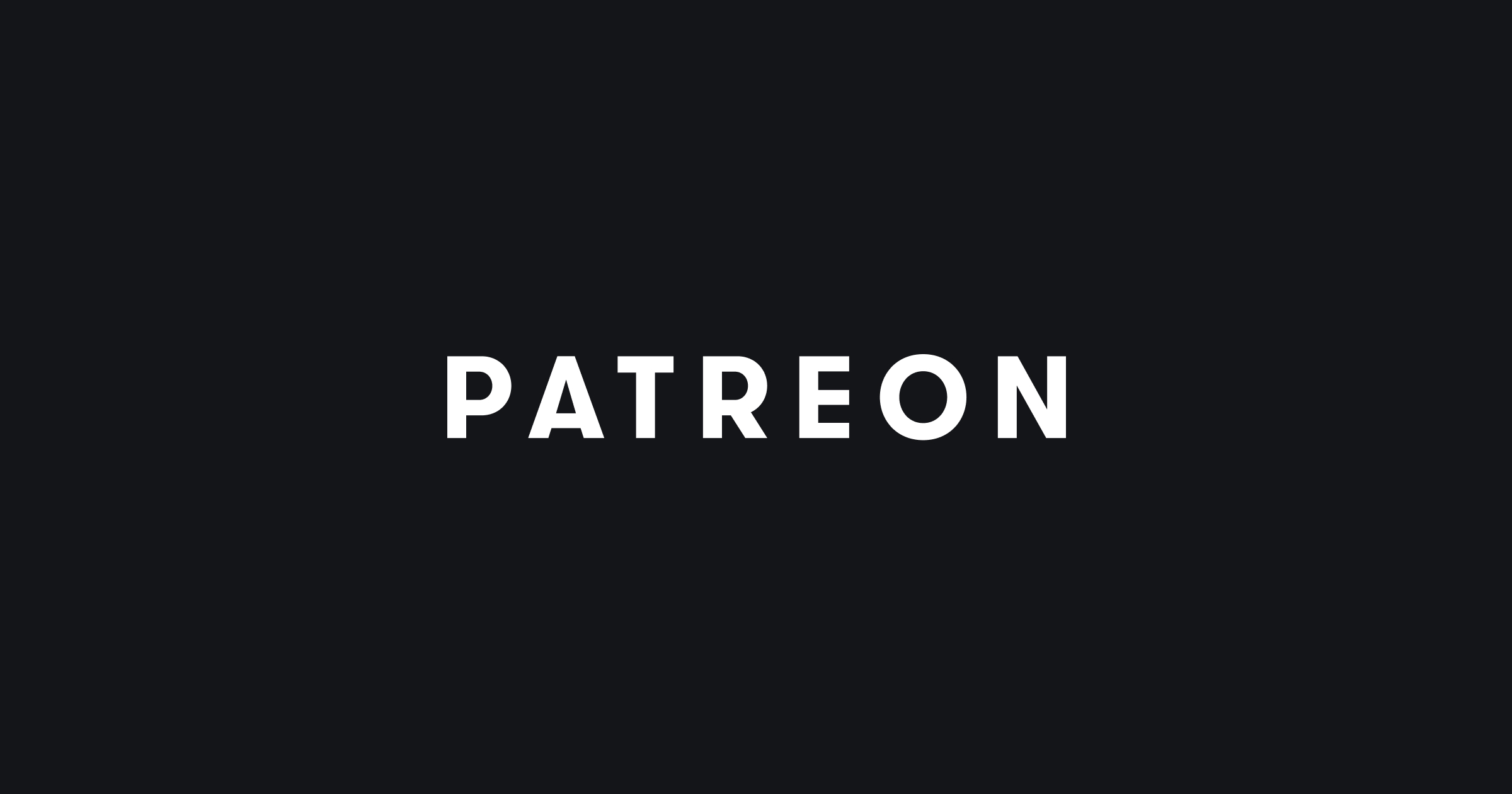The reforms to welfare, justified by an attempt to undermine the supposed cultural sources of poverty, have been slowly turning it into a disciplinary mechanism. But it doesn't absolutely have to be that way. That just happens to be one way of solving unemployment from a supply-side perspective. And while the fungibility of cash gives you a certain range of choices, freedom is not reducible to choice. To an extent, freedom paradoxically involves being freed from those choices that are not intrinsically meaningful.
For most people, the NHS offers more freedom than a tax refund would. If you want to know what exhausting rigours it frees you from, look at the US healthcare market. An affordable, socially-owned house would free you in another way. You might have less choice with public provision. But a home is a complex thing. It puts together a range of amenities and affordances, from energy to water to sleeping quarters. It's a base from which life projects can be embarked upon. If your home is secure, all of those other things are secure, and your attention is free to focus on other things. You can plan your life. You don't have to put every ounce of your ingenuity into the classically middle class pursuit of 'climbing the property ladder'.
Not everything we could have a use for is amenable to this logic. In some areas, choices are meaningful. What books you read, what films you see, who you spend time with, what clothes you wear. Of course, the emerging digital order is predicated on the idea that choice is not meaningful; it is always heteronomously determined. Whether or not the platform bosses, the gaming companies, behavioural economists and government bureaucrats really believe in radical behaviourism in a deep sense, its precepts have filtered into everyday practice. Preferences have become an object for manipulation and guidance, rather than the self-evident starting point of all individual action in a liberal society. The silicon order is not just post-democratic in that sense, but post-liberal. Nonetheless, while this describes technique, it doesn't yet describe human action. And even if it did, the illusion of choice is still very important to us. So choices for the time being matter.
god he's such a good writer

